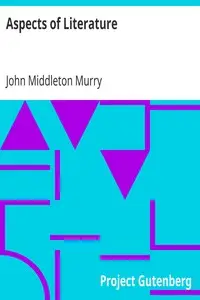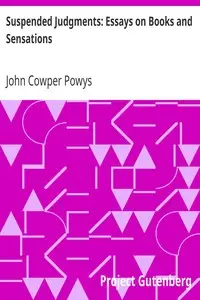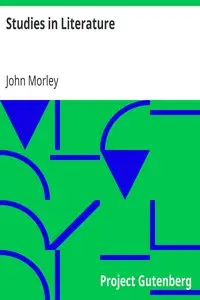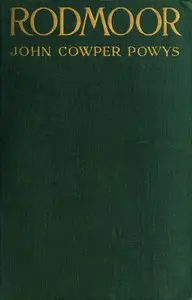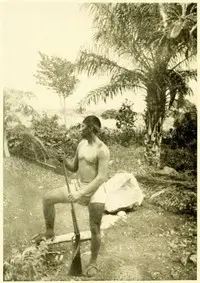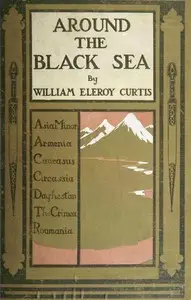"Visions and Revisions: A Book of Literary Devotions" by John Cowper Powys is a compilation of essays where the author shares his heartfelt appreciation for literary legends such as Shakespeare and Dante. Rejecting conventional literary analysis, he instead showcases a deeply personal connection to these authors, prioritizing the emotional and sensory responses their works elicit in him. Powys's vision casts aside rigid critical methods, advocating for an honest and passionate expression of how literature impacts our minds and souls. Powys highlights how traditional methods can fail to truly capture the essence of great art, and it is this sentiment that drives his approach, encouraging readers to engage with literature on a profound, individual level, where authenticity trumps strict analysis.

Visions and Revisions: A Book of Literary Devotions
By John Cowper Powys
Explore the inspiring world of legendary writers through heartfelt essays, where personal connection outweighs critical analysis.
Summary
About the AuthorJohn Cowper Powys was an English novelist, philosopher, lecturer, critic and poet born in Shirley, Derbyshire, where his father was vicar of the parish church in 1871–1879. Powys appeared with a volume of verse in 1896 and a first novel in 1915, but gained success only with his novel Wolf Solent in 1929. He has been seen as a successor to Thomas Hardy, and Wolf Solent, A Glastonbury Romance (1932), Weymouth Sands (1934), and Maiden Castle (1936) have been called his Wessex novels. As with Hardy, landscape is important to his works. So is elemental philosophy in his characters' lives. In 1934 he published an autobiography. His itinerant lectures were a success in England and in 1905–1930 in the United States, where he wrote many of his novels and had several first published. He moved to Dorset, England, in 1934 with a US partner, Phyllis Playter. In 1935 they moved to Corwen, Merionethshire, Wales, where he set two novels, and in 1955 to Blaenau Ffestiniog, where he died in 1963.
John Cowper Powys was an English novelist, philosopher, lecturer, critic and poet born in Shirley, Derbyshire, where his father was vicar of the parish church in 1871–1879. Powys appeared with a volume of verse in 1896 and a first novel in 1915, but gained success only with his novel Wolf Solent in 1929. He has been seen as a successor to Thomas Hardy, and Wolf Solent, A Glastonbury Romance (1932), Weymouth Sands (1934), and Maiden Castle (1936) have been called his Wessex novels. As with Hardy, landscape is important to his works. So is elemental philosophy in his characters' lives. In 1934 he published an autobiography. His itinerant lectures were a success in England and in 1905–1930 in the United States, where he wrote many of his novels and had several first published. He moved to Dorset, England, in 1934 with a US partner, Phyllis Playter. In 1935 they moved to Corwen, Merionethshire, Wales, where he set two novels, and in 1955 to Blaenau Ffestiniog, where he died in 1963.

